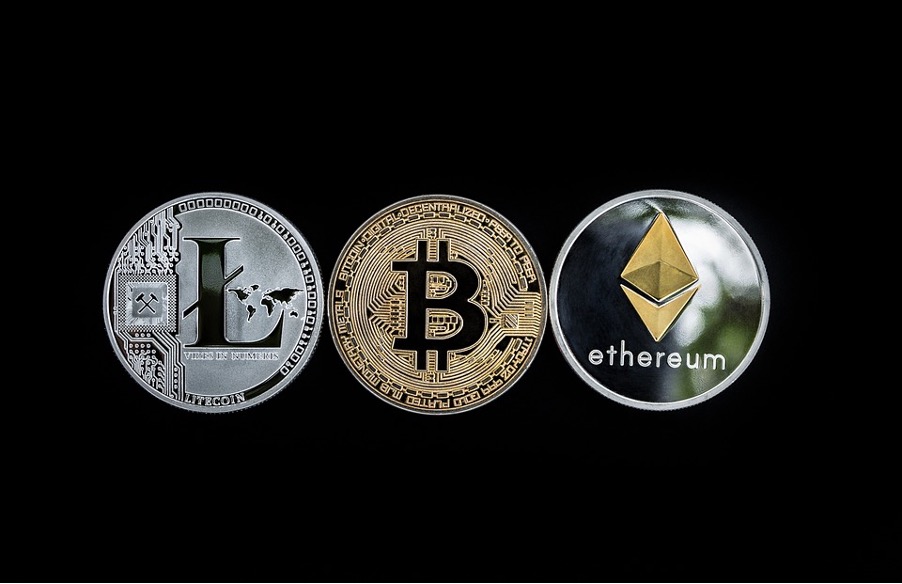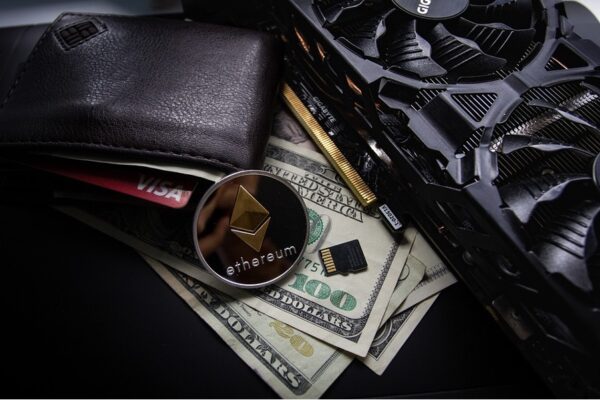Features
Investing Is Being Presented as Entertainment: But Know the Risks

What do you consider as entertainment these days? Gaming? Sure. Movies? Definitely? Playing sports? Of course. However, the internet has started to blur the lines between what is entertainment and what isn’t.
And, if you look at Twitter or YouTube these days, you’ll see that investing in stocks and crypto is almost being presented as a game. You might even see the way the adverts are presented for investment companies – it’s as if this is a contest between the user and the markets.
The money market is an entity that never stops and which never takes breaks. People from all over the world invest their money in stocks, commodities, cryptocurrencies, and forex, with the hope that their investments will generate primary or secondary incomes. The problem is that the money market goes through periods where financial assets record heavy losses, and this is something that can lead to serious problems for traders and investors with fewer investment funds. Sometimes, these problems can translate to selling an asset at a price that leads to a loss and sometimes, they can translate to being stuck with toxic assets, which the investor cannot get rid of because of their decreased marketability.
Trading financial assets is not like playing online casino games, which are obviously entertainment but come with well-known risks. Right now, I could easily check the RTP (rate of return) for a top slot series like Kingdoms Rise and know the parameters of my risk – even if playing casino is inherently risky. This does not apply to the assets one buys and sells in stock markets. There, the losses can be devastating, regardless if the person trading is Elon Musk or an average trader who occasionally opens and closes trading positions.
Billionaires Lose Money Just Like Everybody Else
Just because a person is a billionaire does not mean that they never experience losses. Mark Zuckerberg lost billions of dollars because of Meta’s underperformance, just as ordinary investors lost money from Meta stock positions. The only difference between the average trader and a person like Zuckerberg is that Mark Zuckerberg can quickly recover from a loss like that. A “next-door trader” who has put their money on Meta, will probably have no way to cover their losses. This is why it is important to avoid stretching your investment budget too much. Playing it safe and earning a little money will take you a lot further than risking more and earning ephemeral profits.
Is There a Way to Predict the Performance of Cryptocurrencies?
Crypto coins such as Bitcoin are the hype of the decade. Many traders switched from investing in traditional financial assets to going hard on trading cryptocurrencies. In some cases, this has led to extreme profits and, in some cases, it has backfired. After almost two years of constantly seeing upward momentum, crypto assets like Bitcoin plummeted, locking traders in positions that they cannot get out of. The problem is that investors are not seeing any signs that the crypto market is going to come out of this slump and because of that, everyone is getting ready for a pretty negative crypto winter. Things are not as terrible as they were after the burst of the crypto bubble, of course, but imagine how it would have been if you opened a Bitcoin position when the asset was worth 70,000 dollars.

Is Volatility Good or Bad?
Most crypto investors are worried that the lethargic performances of Bitcoin and of other digital coins is only going to get worse, but there are also those who believe that the reduced volatility is a good sign. Major investment banks and numerous investment gurus are starting to see the light at the end of a very dark tunnel and they believe that cryptocurrencies will soon start to build a healthy and steady upward momentum. However, there is always a possibility that their estimations might be wrong, just as it has happened in the past, but in both cases, it will not be long before we start seeing the first performance indications of cryptocurrencies.







